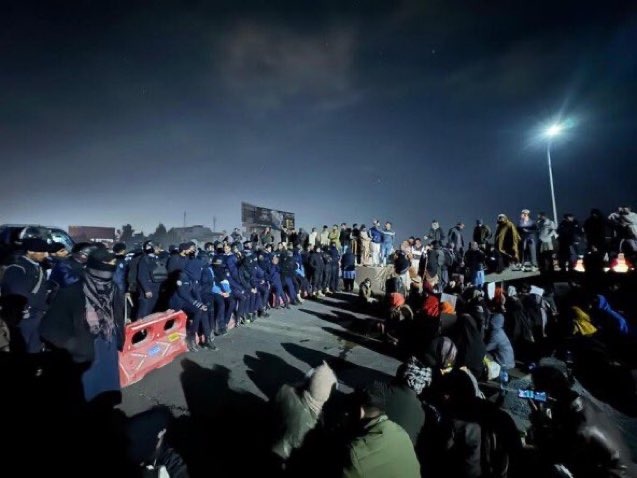#Pakistan
#Pakistan
Human rights defenders in Pakistan are subjected to a range of attacks and abuses, including extra-judicial killings and violence, arbitrary arrest and detention, brutal sectarian violence, abduction and enforced disappearance, surveillance, threats and judicial harassment. Many HRDs have even had their offices attacked or burnt down and their colleagues killed. There exists a culture of impunity for killings of HRDs and this has emboldened perpetrators and fuelled further violence against them. Behind the veil of national security, the government continues to muzzle those critical of it’s policies and of Islam. In addition to this, HRDs are further threatened and intimidated by various non-state actors such as militants and interest groups.
Defenders investigating human rights violations in Balochistan, Khyber Pakhtunkhwa (KP), and the Federally Administered Tribal Areas (FATA) face a particularly hostile climate, as they are targeted by security agencies, religious groups, militants, and armed gangs. Women HRDs face particular risks due to their gender. Besides threats by security agencies and armed groups, WHRDs can receive threats from their own family members, who exert pressure on them to quit their human rights work, or be threatened with the safety of their children. While the transgender community in Pakistan has made some strides in recent years, attacks on transgender HRDs remain widespread and the violence has been increasing. HRDs working on religious freedom and minority rights are also targeted.
Pakistan's Penal Code includes several sections that comprise blasphemy laws. Sections §298 and §295, which provide for penalties ranging from imprisonment to capital punishment, are widely used to target HRDs, especially those defending the rights of Christian minorities. The use of cyber security laws, anti-terrorism laws and the penal code, to criminalize and defame defenders and their families continues. The Prevention of Electronic Crimes Act 2016 (PECA) has been a strong deterrent to privacy and the freedom of expression. It gives the Telecommunication Authority to monitor and censor online content and requires service providers to retain mass data that can be accessed by the governments with no privacy protection, hence making HRDs the target of mass surveillance. The Policy for Regulation of International NGOs in Pakistan severely limits the activities of HRDs and NGOs as it restricts operations to specific issues and geographical areas.











